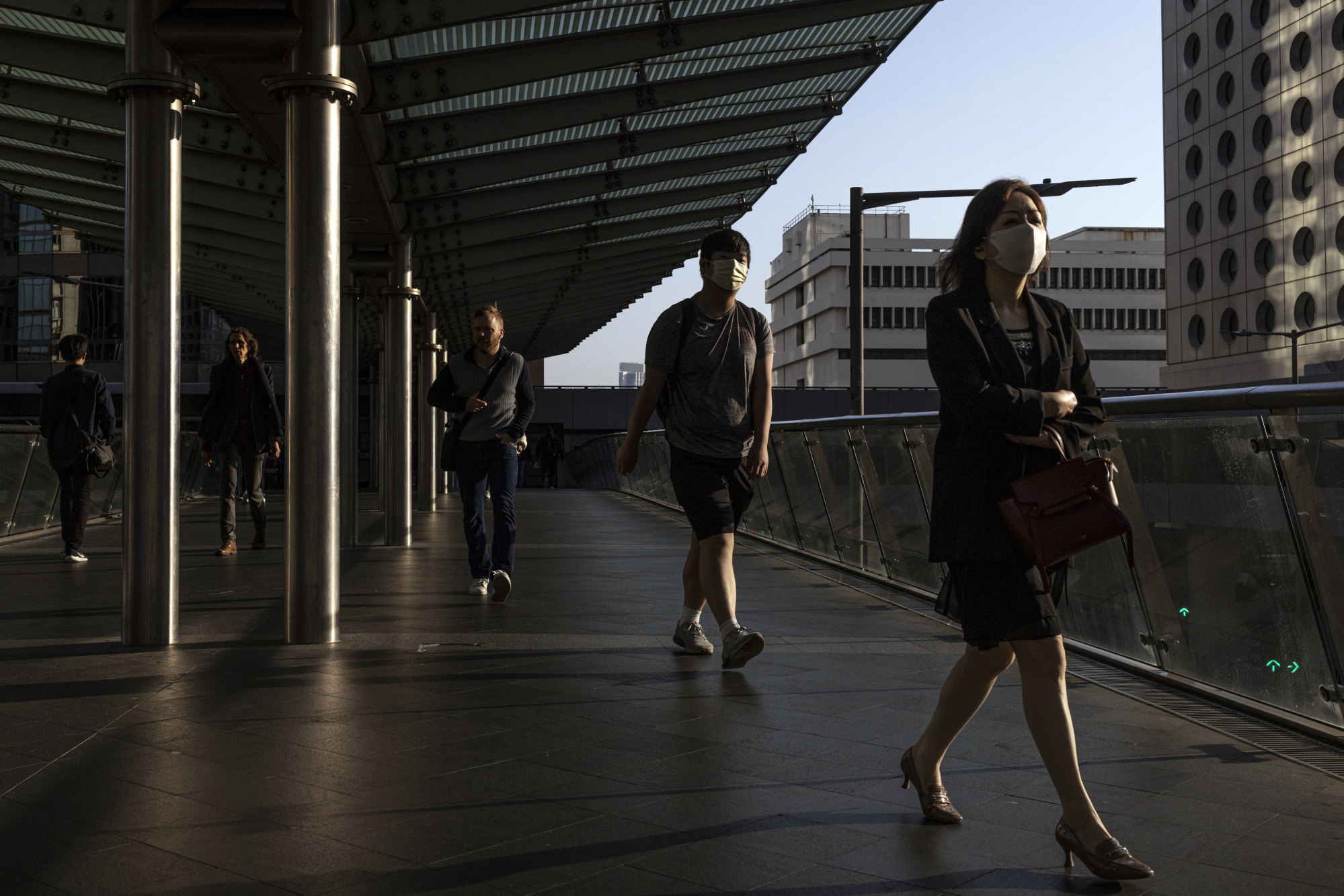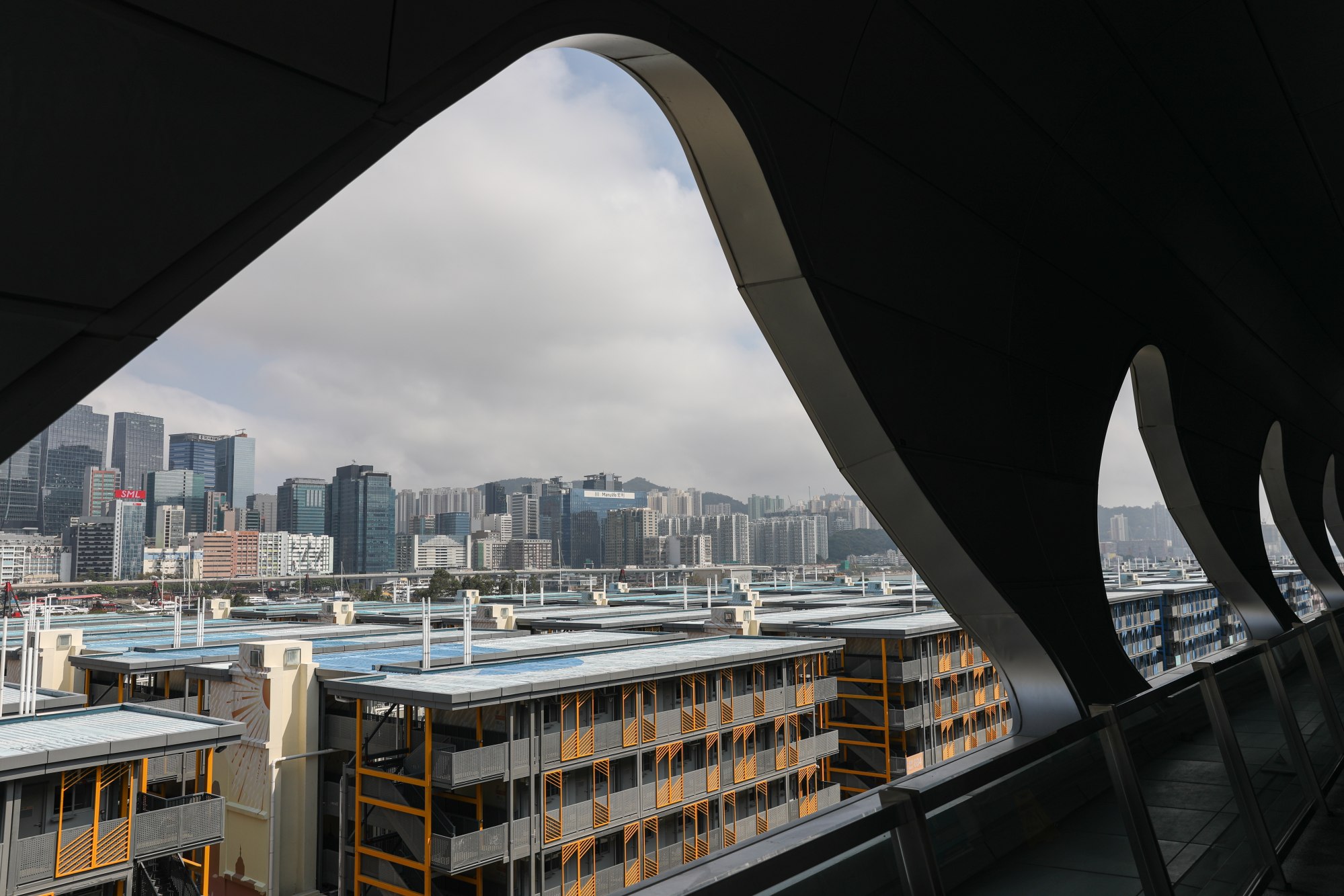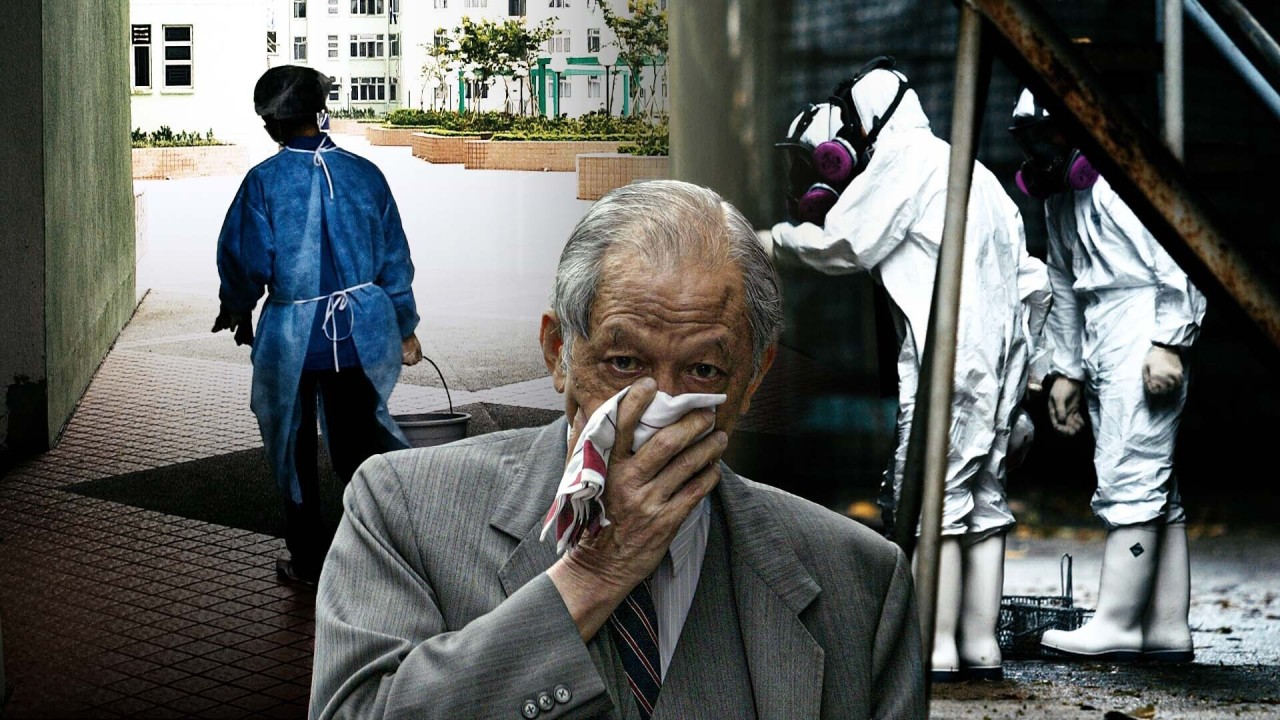
Why Hong Kong’s ‘political taboos’ shouldn’t hinder an independent pandemic inquiry
- While Singapore has released a white paper reviewing its response to the Covid-19 pandemic, Hong Kong authorities have been reluctant to follow suit
- Donald Low argues that a ‘truly independent inquiry’ would raise uncomfortable questions that challenge Hong Kong leaders’ claims of competence and objectivity during the course of the pandemic
Presented as an exercise in highlighting the key lessons from the pandemic so that the country can be more resilient for the next one, the white paper is evidence of the Singapore government’s capacity for forward thinking and preparation, learning from mistakes, and sound policymaking.
As Hong Kong cases surge, a look at Asia’s lockdowns from Singapore to India
At the same time, one can understand the Hong Kong government’s reticence to embark on such an exercise if one recognises three uncomfortable truths about Hong Kong’s handling of the pandemic.

Lagging in Asia
Singapore’s white paper makes the self-evident point that relative to other countries, the city state has done well in protecting lives and livelihoods – in balancing the trade-off between public health and the economy. What should be equally obvious is that Hong Kong’s performance, on both public health and economic performance indicators, was abysmal relative to other developed Asian economies, and worse than even some developing ones. Table 1 summarises this uncomfortable truth.
Hong Kong vs Singapore: a look at the Covid-19 numbers that truly matter
For instance, Hong Kong has had more than twice the number of population-adjusted excess deaths than Singapore or South Korea. Hong Kong also has nearly 50 per cent more excess deaths than Japan, which has a much older population than Hong Kong.
One would have thought that having paid such a high price in public health, Hong Kong should have done better in economic recovery last year. But Table 1 also shows Hong Kong’s gross domestic product shrank by 3.5 per cent in 2022 while almost every other major economy in Asia recovered.
The difference in GDP growth relative to Singapore amounted to a shocking 7.1 per cent. In short, Hong Kong’s handling of the pandemic has protected neither lives nor livelihoods – a fact made more stark when comparing the city to its regional rivals.
In fact, one struggles to even come up with any meaningful outcome indicator that might suggest that Hong Kong’s performance during the pandemic was not much worse than its peers in Asia.

Faced with this uncomfortable truth, Hong Kong’s ministers have sometimes resorted to semantics to suggest the government’s performance has not been all that bad.
For instance, throughout 2022, Financial Secretary Paul Chan referred to “the ongoing pandemic” to rationalise Hong Kong’s abysmal GDP performance. A moment’s introspection would lead to the obvious conclusion that the pandemic, which was ongoing everywhere else, was not to blame but it was Hong Kong’s excessive Covid restrictions (justified by the need to mimic the mainland’s zero-Covid stance) that delayed the city’s recovery by at least a year.
In a similar vein, when questioned by reporters on why Hong Kong’s Covid death toll was so much higher than Singapore’s, Health Secretary Lo Chung-mau deflected and said that Hong Kong had an older population.
But Table 1 shows that Japan has an older population and still had a much lower death toll than Hong Kong. In any case, Singapore’s elderly population is not significantly younger than Hong Kong’s to explain why it had far fewer Covid or excess deaths.

Hard truths
It is because political leaders cannot always be trusted to be candid with their own people that an independent inquiry into the government’s handling of Covid-19 is not just helpful but necessary.
After Sars in 2003, Hong Kong had two independent inquiries into the government’s handling of the epidemic. Given the much higher death toll and economic damage in this Covid-19 pandemic, it is incumbent on the Hong Kong authorities to convene a commission of inquiry.
A popular explanation of why they have not done so is that such a commission would be viewed as the current administration criticising the previous one, setting a bad precedent for any future administration wanting to go after the one that preceded it.
This explanation, while understandable, is not sufficient. A commission of inquiry is not an inquisition. Its purpose is not to indict or pass condemnatory judgment on the previous administration. Rather, as Singapore’s white paper suggests, it can be framed as a way of learning from past mistakes and as a necessary exercise in preparing the government and society for the next crisis.
By contrast, a government review of its own policies and actions during the pandemic is likely to be limited and selective – focusing on the few things that the authorities did well early on in the pandemic, such as masking rules and border closures, while glossing over the serious failings in vaccinating the population in 2021, and the failure to ramp up hospital and ICU capacity ahead of the Omicron surge in the first half of 2022.
It is also unlikely to engage in an honest and critical examination of why Hong Kong was so slow in adapting to the fact that Covid-19 would soon become endemic and that mirroring the mainland’s zero-Covid policy was a fool’s errand.
One might ask whether Singapore’s white paper was truly independent, given that the exercise was led by a former head of the civil service. The answer is no, but two arguments should be borne in mind before one concludes that Hong Kong also does not need an independent inquiry.
The first is that Singapore’s performance in handling Covid-19 was among the best in the world. A commission of inquiry is not needed since there were no clear instances of governmental incompetence, ignorance, or ideological thinking. The same cannot be said of the Hong Kong government. The second is that the proof of a pudding is in its eating: analysts have said Singapore’s white paper was fair, candid and self-critical.
Singapore scraps full mask mandate, enters ‘new endemic Covid norm’
Given how much Hong Kong’s ruling class has become far less diverse and less tolerant of dissent and criticism in recent years, one also suspects that a government self-review, no matter how well-intentioned, would suffer from common biases such as groupthink, confirmation bias, obedience of authority, and tribalism (the “us-versus-them” mentality).
In short, it is precisely because a truly independent inquiry would raise very uncomfortable questions for those in power that might challenge the veneer of competence and objectivity that they wish to preserve, that even suggestions of it cause annoyance to government leaders.
Implicit critique of zero-Covid
Finally, it is because a truly independent commission of inquiry is likely to be critical of the idea that the mainland’s zero-Covid policy was well-suited to Hong Kong’s situation, that only the most naive of analysts expect such a commission to be set up in Hong Kong.
That the zero-Covid policy was extremely costly and ultimately unsustainable is no longer in doubt now. Events have vindicated many of us who argued for a gradual transition to a living-with-Covid strategy in the second half of 2021.

But for almost all of the last two years, mainland authorities defended zero-Covid to the hilt, saying that “perseverance is victory” and shutting down dissenting views and voices. The propaganda machinery went into overdrive, trumpeting the superiority of zero-Covid over societies that chose to live with Covid, and demonising them as callous, reckless and irresponsible.
Consequently, when the central government shifted suddenly from its strict zero-Covid stance to a de facto Covid-for-everyone policy, China’s healthcare system and its population were unprepared for the abrupt transition. Most credible estimates point to around 1.5 million Covid deaths over three months. That Covid mortality rate – of about one in a thousand people dying from Covid in just three months – was also what Hong Kong experienced over three traumatising months in 2022.
An honest review of the Hong Kong government’s handling of the pandemic must confront this uncomfortable fact: zero-Covid created the very conditions – low elderly vaccination rates, a hospital system that was not prepared for the Omicron surge, complacency in the long-term viability of suppression measures, and public ignorance about the fact that Covid cannot be eliminated – that led to high Covid deaths even after vaccines became widely available. But such a conclusion would be politically taboo.
Knowing that large segments of the Chinese people have become deeply sceptical, if not cynical, about the state’s handling of Covid, the propaganda machinery in the mainland no longer mentions zero-Covid. Instead, it proclaims that the state’s handling of Covid has been “completely correct”.
Seen in this light, it is hardly surprising that the Hong Kong government has been so resistant to suggestions for an independent commission of inquiry into its handling of Covid. Setting up one would require political and moral courage. Do the current leaders have it in them?
Donald Low is senior lecturer and professor of practice in public policy, the director of Leadership and Public Policy Executive Education, and the former director of the Institute for Emerging Market Studies at the Hong Kong University of Science and Technology.


